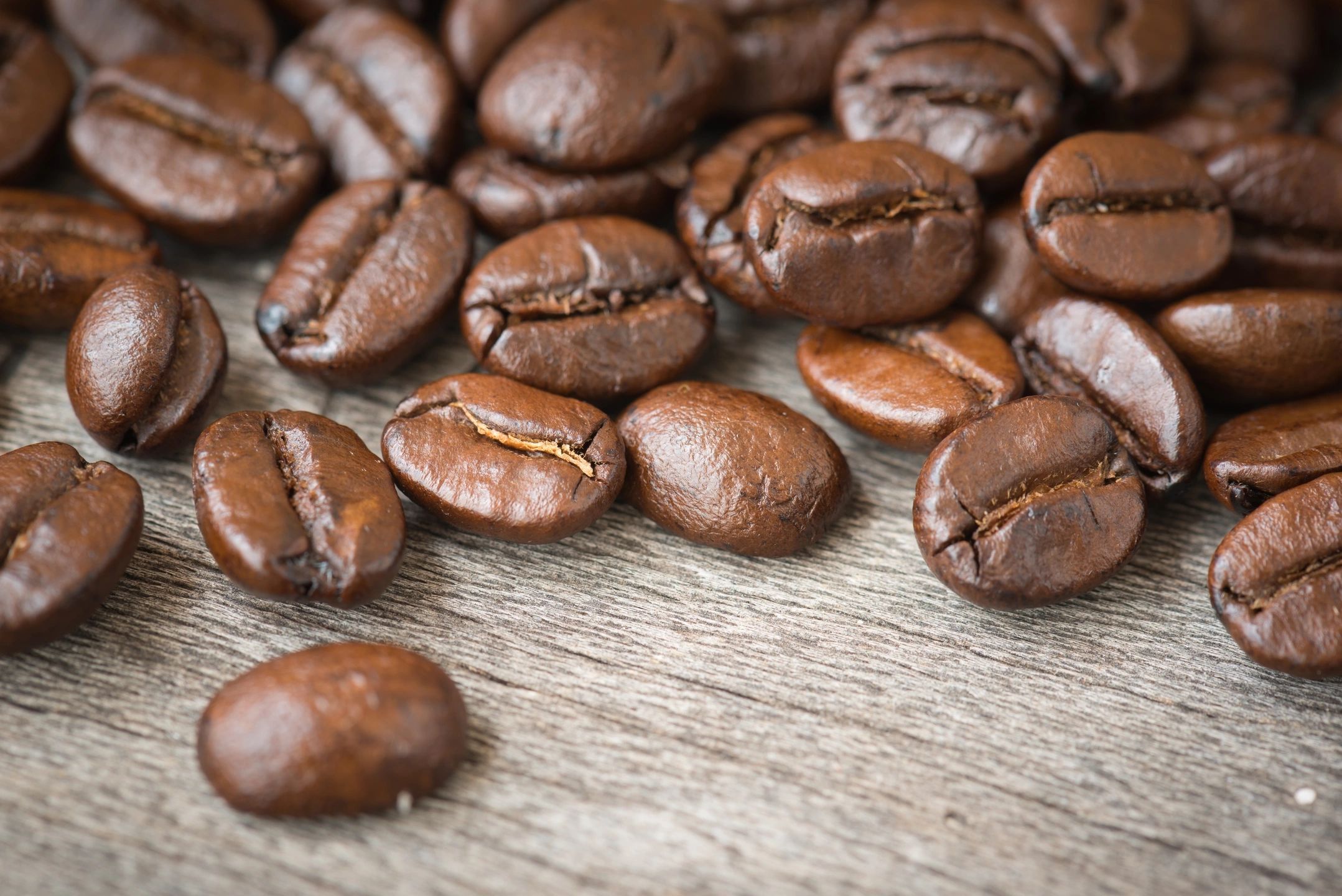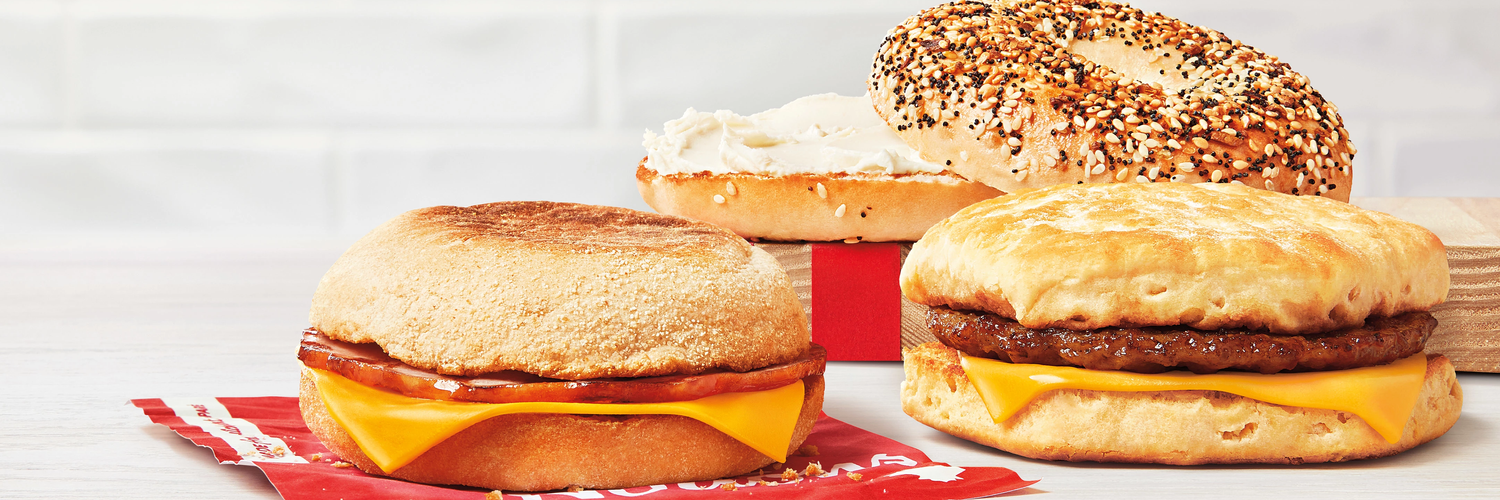“You’re probably going to be a little more anxious, your heart might be a little bit faster,” . “The concern is when there is excessive consumption of caffeine, these symptoms are that much stronger and could lead to dizziness, chest pains, and convulsions.”
David Ma, an esteemed professor in the Department of Human Health and Nutritional Sciences at the University of Guelph, highlights that while caffeine has been part of our lives for centuries, it is the quantity consumed per serving that has raised concerns and prompted countries like Canada to raise alarm bells.
To promote responsible caffeine consumption, Health Canada advises adults to limit their daily intake to a maximum of 400 mg. For youth and children, the recommendation is even more specific, suggesting a cap of 2.5 mg per kilogram of body weight.
Among the energy drinks subject to recall due to their “excessive” caffeine levels is Prime Energy. Surprisingly, its co-creator, Logan Paul, a renowned professional wrestler and YouTube personality, took to social media to claim that Prime Energy is not even distributed in Canada. However, this statement contradicts the fact that the product is indeed available in numerous stores across Ontario and other provinces.
Certain energy drinks such as Prime go beyond the permissible caffeine limits set by Health Canada regulations, containing as much as 200 mg of caffeine per serving, while the maximum allowed is 180 mg per serving.
According to Professor Ma, soft drinks typically contain around 30 to 50 mg of caffeine. In comparison, Prime boasts four times the caffeine content of soft drinks and approximately double the amount found in a standard cup of coffee.
Coffee stands as one of the most prevalent caffeinated beverages worldwide, with coffee shops and restaurants offering their aromatic brew on nearly every street corner, ranging from small, family-owned establishments to larger chains like Tim Horton’s and Starbucks.
According to Professor Ma, the immediate burst of energy that caffeine provides is among the key factors motivating individuals to persistently indulge in coffee and other caffeinated beverages. This instant jolt of vigor holds significant allure for caffeine enthusiasts, perpetuating their fondness for such drinks.
Professor Ma also postulates that marketing plays a significant role in the increasing popularity of caffeinated drinks, particularly among teenagers and young adults



